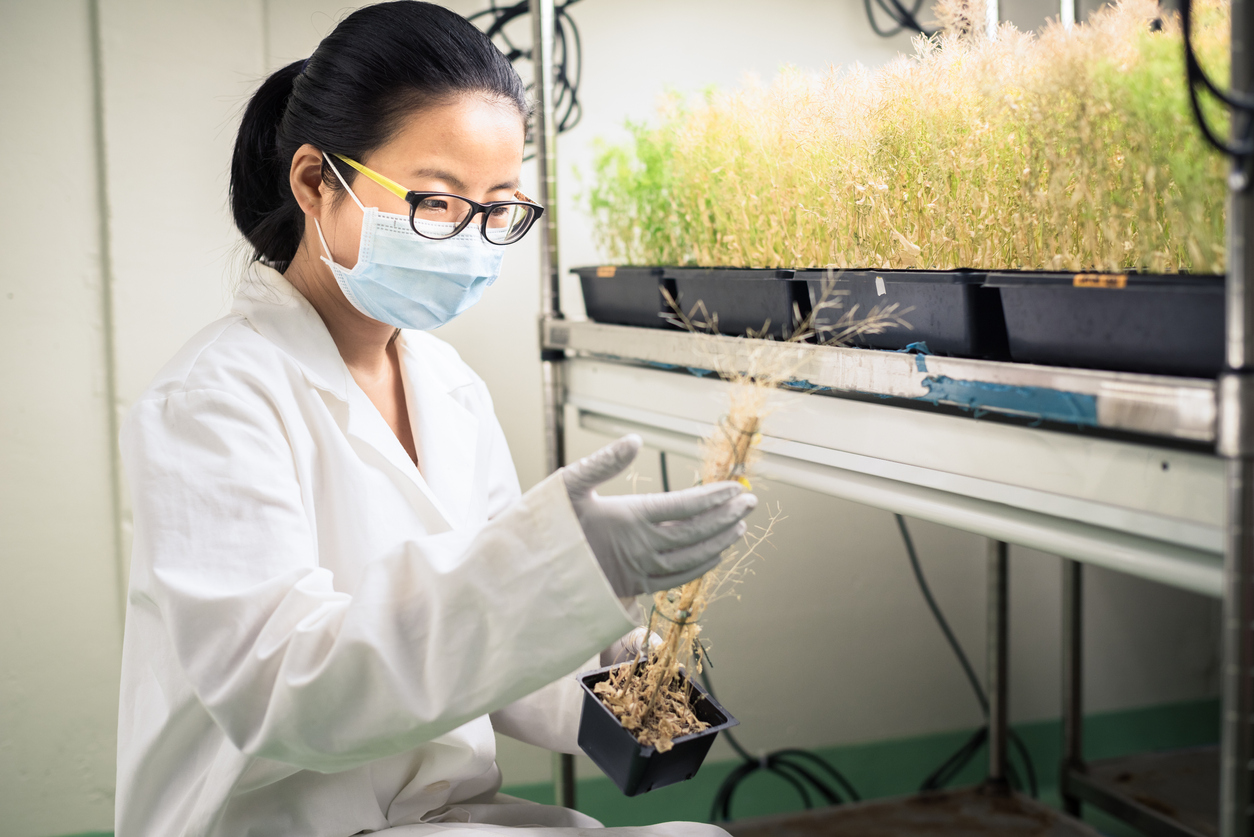
Experts Discover and Start to Crack the Epigenetic Code
August 24, 2022| |
Pennsylvania State University molecular plant geneticists conducted the first-ever investigation on epigenetic reprogramming code and the reprogramming effects, which are vital for breeding crops that can withstand extreme weather caused by climate change.
When plants sense environmental triggers such as drought or extreme weather, they naturally reprogram their genetic material for survival. To breed more resilient crops, the researchers stress that the chemical code that turns on those changes can be deciphered and duplicated. Reprogramming can result in the expressing and overexpressing of some genes, while others are silenced.
In a previous study, the researchers found that manipulating the gene MSH1 enabled them to control a broad array of plant-resiliency networks. When MSH1 was silenced, the plant was induced to detect stress and adjust its growth, change root configuration, delay flowering time, etc.
In their latest study, they manipulated MSH1 to trigger at least four distinct nongenetic states to impact plant stress response and growth vigor. Upon comparing the data from these states, they were able to pinpoint gene targets of epigenetic change within the genome where they could locate and decode data vital for plant growth.
Find out more from Penn State.| |
You might also like:
- Epigenetic Basis of High Regeneration Ability of an Elite Cotton Genotype Jin668
- Epigenetics Research Could Lead to More Resilient Crops
- Taking the Initial Step Towards Dev't of Epigenetically Modified Cotton
Biotech Updates is a weekly newsletter of ISAAA, a not-for-profit organization. It is distributed for free to over 22,000 subscribers worldwide to inform them about the key developments in biosciences, especially in biotechnology. Your support will help us in our mission to feed the world with knowledge. You can help by donating as little as $10.
-
See more articles:
-
News from Around the World
- Mandatory GE Food Labeling Impacts Customer Purchases, Study
- Researchers Prove Multigene Bioengineering of Photosynthesis Increases Soybean Yields
- Experts Discover and Start to Crack the Epigenetic Code
- CIMMYT Research Reveals Afghan Wheat's Rust Resistance
- Risks and Trust Among Factors That Affect GM Rice’s Appeal to Chinese Consumers
- Researchers Discover Protein that Turns Plants into Dwarfs
-
Research Highlights
- Biosensors Detect Non-visible Rot in Potatoes
- Drought Tolerant Poplar Trees Perform Well in Field Trials
-
Read the latest: - Biotech Updates (January 28, 2026)
- Gene Editing Supplement (January 28, 2026)
- Gene Drive Supplement (February 22, 2023)
-
Subscribe to BU: - Share
- Tweet

